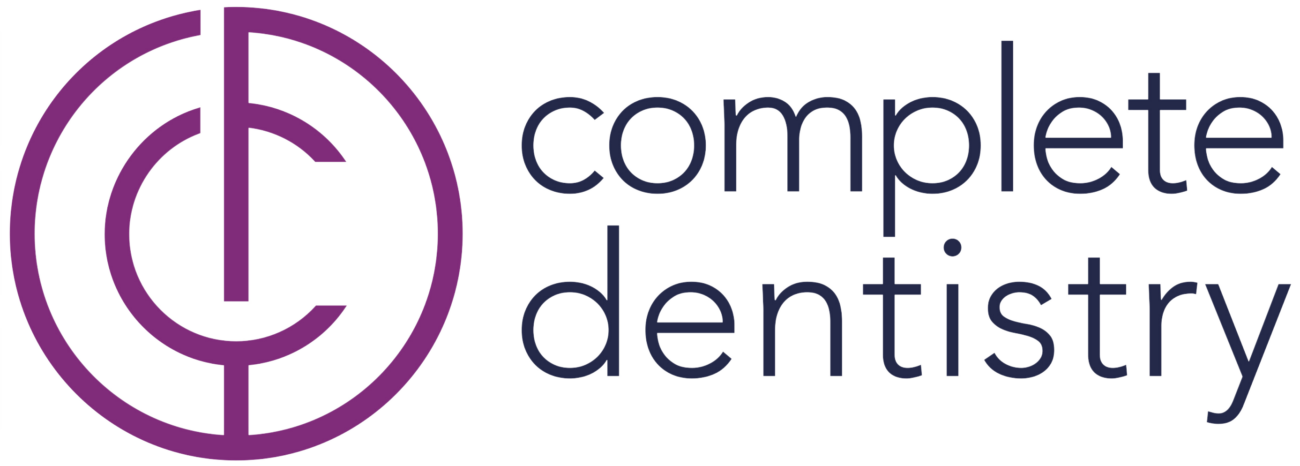Why some people develop irritating and sometimes painful jaw popping when they chew is not clear. The popping is symptomatic of trauma to the temporomandibular, or jaw, joint. As a result of the damage to the joint, you might experience headaches, jaw pain and even earaches. Medical professionals refer to this group of symptoms temporomandibular disorders, or TMD. Certain situations put you at risk for developing TMD. Consider three reasons you might be feeling that popping and clicking sensation when you chew.
A Little about TMD
The jaw joint works on a hinge system, one on each side of the face. As you chew food, the hinges are opening and closing. TMD is the result of a dysfunction of the muscles of mastication; the ones that move the jawbone up and down. The noises you hear are your body’s way of telling you that the jaw movement is compromised.
TMD is a fairly common problem among adults. There are multiple factors capable of causing the symptoms that define this condition. Your dentist will evaluate the jaw structure and listen for the telltale popping sound associated with TMD. X-rays and scans provide detailed images of the joint, so you can get a better idea of what is going on.
What Causes TMD?
There is a delicate balance at work that moves the jaw up and down. TMD indicates something has come out of balance in one or both joints. Usually by the time pain and popping occur; there is a physical deformity of some sort at play such as:
- Disk erosion
- Damaged cartilage
- Joint damage due to physical trauma
The causes are not always clear cut, however. It takes a dental professional to sort through the possibilities and design a treatment plan.
Grinding
Tooth grinding, or bruxism, is one factor in the development of temporomandibular disorders. Most people clench their teeth, especially when under stress. Some, however, do it unconsciously and even as they sleep. This grinding creates abnormal wear patterns on the surface of the teeth. Grinding also tightens the muscle around the joint. Long term straining of these muscles might damage the delicate balance required to keep the jaw joints working in sync.
If the dentist determines grinding is a factor for you, she will create a mouth guard designed to protect the teeth. You may need to look for ways to manage stress, as well, or require a muscle relaxant to allow the connective tissue time to heal.
Bite Misalignment
A jaw-popping between the two joints, putting excess stress on one of them. The pain and popping will be more prevalent on one side if bite misalignment is the cause. You may also hear ringing in the ear on that side. Bite misalignment is a dental problem that can cause grinding and clenching of the teeth, as well.
How the dentist goes about correcting a bite misalignment depends on the location and severity. In some cases, an orthodontic treatment like Invisalign will help relieve the pressure. Reshaping or reconstruction may work in less pronounced cases or when teeth are broken or missing.
Arthritis of the Temporomandibular Joint
Arthritis is a medical term that refers to inflammation that affects the way joints move. Simply put, the same thing that makes knees creak and elbows pop can affect the jaw joints, as well. If the dentist determines arthritis is the cause of the TMD, she may prescribe physical therapy with ultrasound to strengthen the jaw muscles. Over the counter pain medication and muscle relaxants will also provide relief.
Whatever the cause of the popping you feel in your jaw, the dentist is your first stop. She will diagnose the problem and create a comprehensive treatment plan to help the jaw heal properly to relieve the symptoms of TMD.
